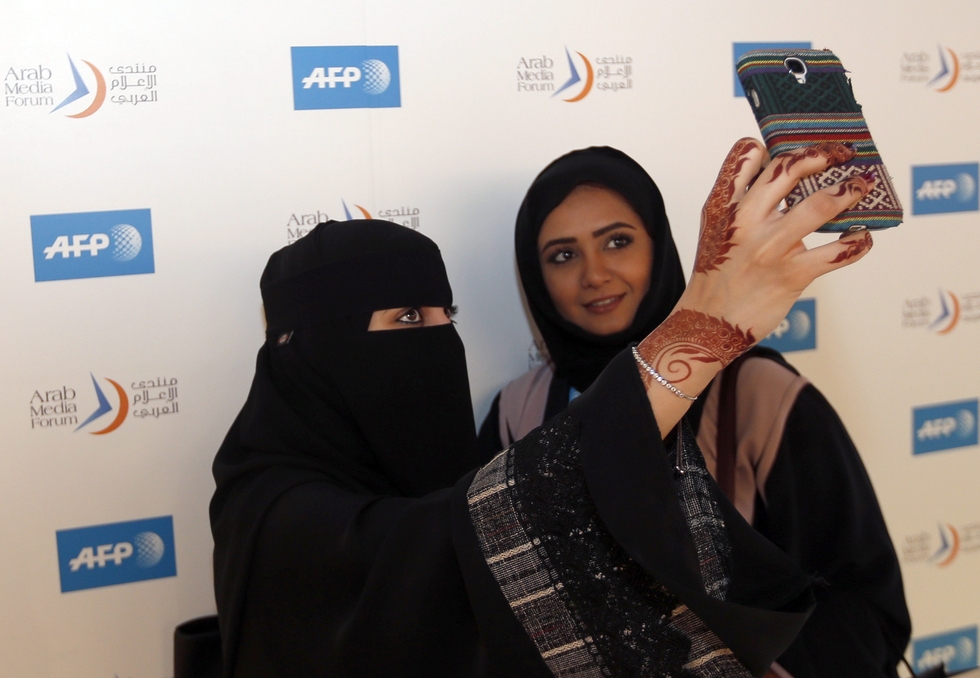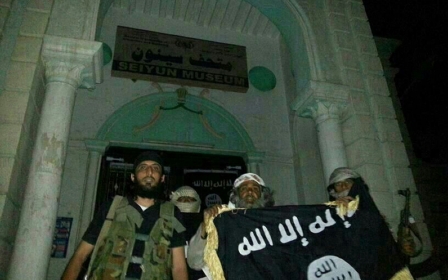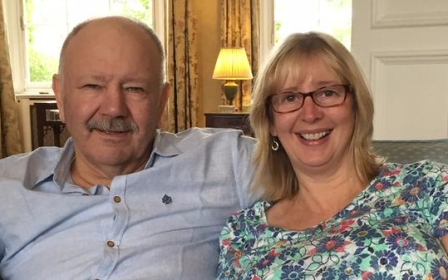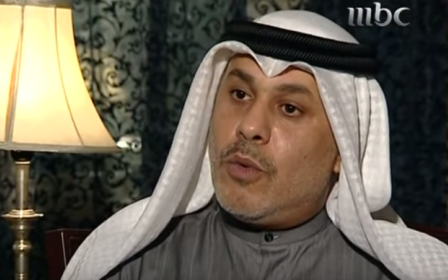UAE celebrates first Emirati Women's Day

The United Arab Emirates on Friday celebrated its first Emirati Women’s Day, commemorating the achievements and sacrifices of women in the country.
Sheikha Fatima bint Mubarak, chairperson of the General Women’s Union, said the day would specifically “celebrate the women in the military who abandoned comfort and luxury to carry the nation’s responsibility on their shoulders”.
“These models of women keep the country’s flag high and soaring between the nations, and they are badge of honour and we give them all our greetings, appreciation and praise,” she said.
She also announced that on Monday there would be a special commemoration to honour the mothers of Emirati troops killed in the line of duty.
National service was introduced in the UAE in 2014, though it is only voluntary for women.
Last year, Mariam al-Mansouri made international headlines after becoming the UAE’s first female fighter pilot and took part in bombing raids against the Islamic State (IS) in Syria and Iraq.
The UAE has been keen to stress its liberal credentials among the Gulf monarchies and has promoted itself as progressive on women’s rights.
“Women of the UAE are role models of leadership,” said Mohammed Al Qamzi, general manager of TransAD, quoted in the National. “They have succeeded in presenting the UAE in a strong and positive way regionally and globally.”
More than 17 percent of the UAE members of parliament are women, while they make up 43 percent of the labour force. Ninety-five percent of UAE women continue on to higher education after leaving school, while 75 percent of graduates are women.
However, campaigners have criticised many aspects of the country’s legal and societal attitudes to women, claiming that discrimination is rife.
Polygamy for men is still legal in the country, while women still require permission from a male guardian in order to marry or take up employment.
In addition, women who are sexually assaulted can be accused of having engaged in sexual relations outside marriage and face prosecution for adultery.
“Furthermore, the UAE has no specific law on domestic violence,” wrote Rothna Begum, a researcher in the women's rights division of Human Rights Watch.
“While general penal code provisions, such as on assault, can apply to spousal abuse, UAE law fails to spell out protection measures and the responsibilities of police, courts, and other government agencies in addressing domestic violence and other abuse.
"There have been recent calls, such as by the Dubai Foundation for Women and Children and the Abu Dhabi public prosecutor, for a law on domestic violence, but as yet there is no sign of such legislation on the horizon.”
The UAE’s kafala system of employment has also allowed for abuses to occur between employers and migrant workers, much of it sexual.
A Human Rights Watch report in 2014 documented, through interviews, the sexual exploitation suffered by female workers in the country.
“More than two dozen domestic workers told Human Rights Watch that their employers had physically or sexually abused them, including one who said that her employer twisted her arm so violently that she broke it, and another who said that her employer raped her,” it said.
“A large majority of the domestic workers Human Rights Watch interviewed alleged their employers had verbally abused them by shouting at them and calling them names such as ‘donkey’ or ‘animal.’”
New MEE newsletter: Jerusalem Dispatch
Sign up to get the latest insights and analysis on Israel-Palestine, alongside Turkey Unpacked and other MEE newsletters
Middle East Eye delivers independent and unrivalled coverage and analysis of the Middle East, North Africa and beyond. To learn more about republishing this content and the associated fees, please fill out this form. More about MEE can be found here.




